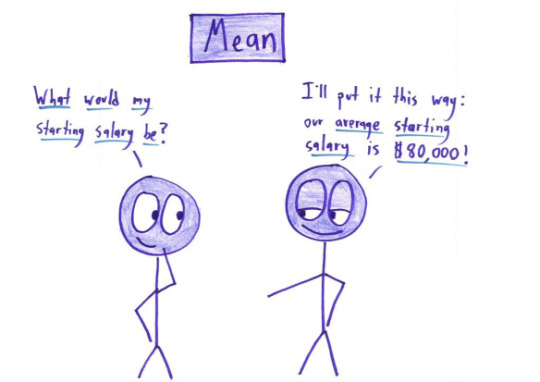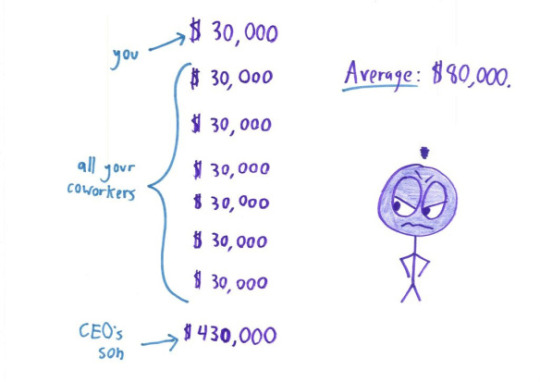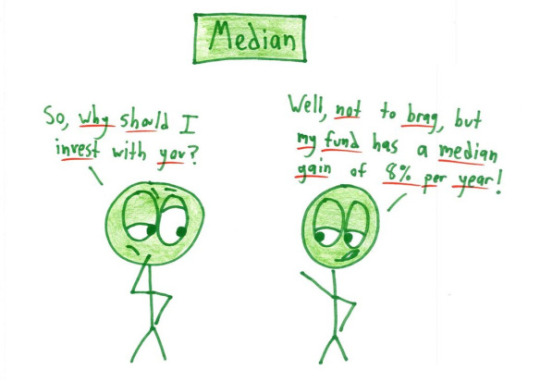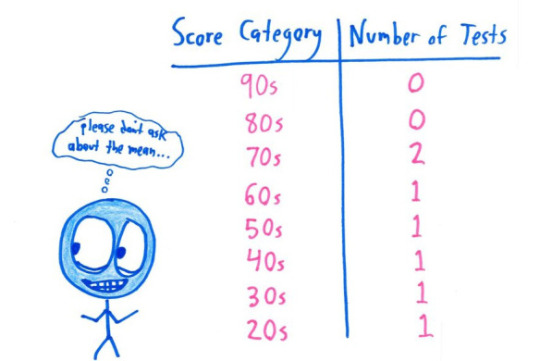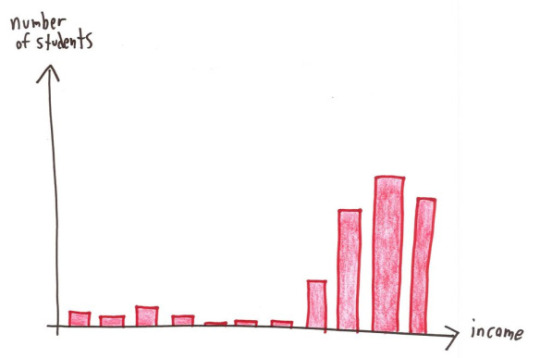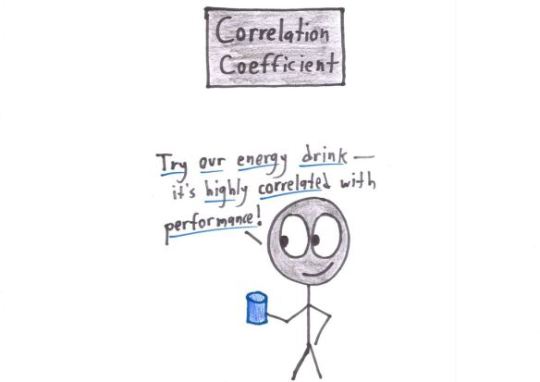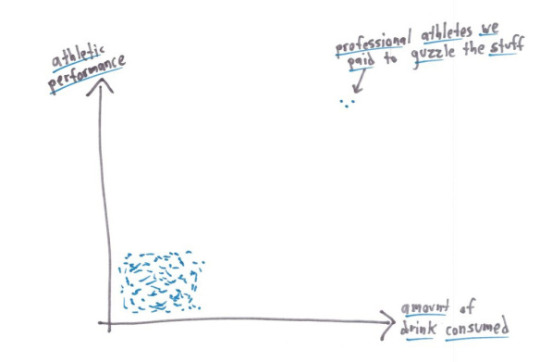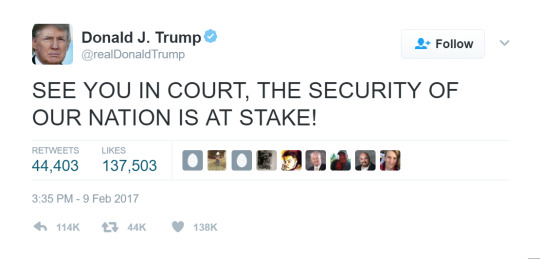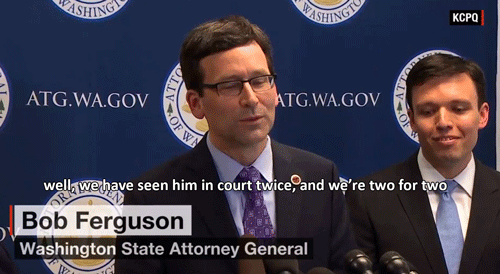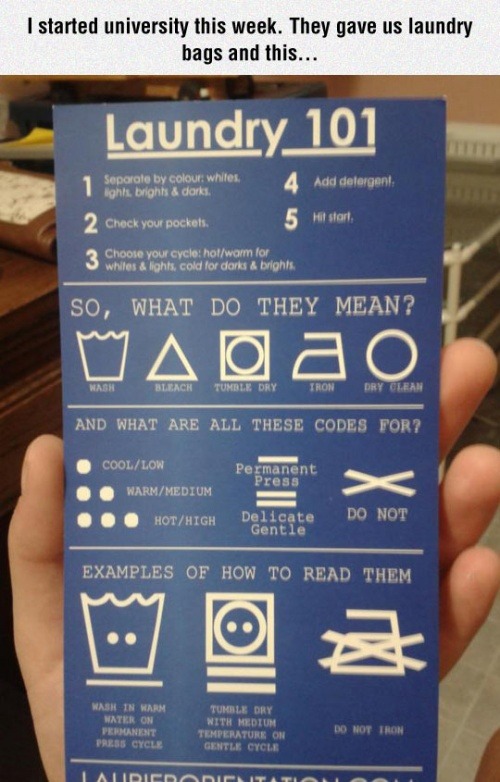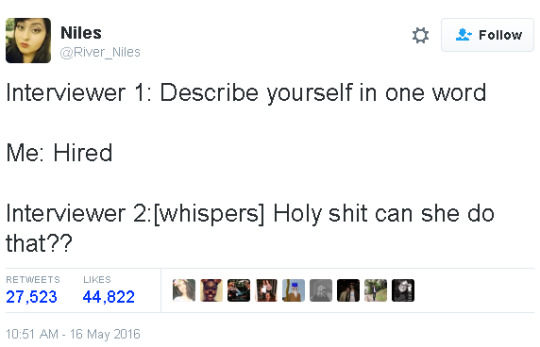My online dumping ground for anything and everything. Don't expect thematically consistent content. And I complain. A lot. About everything.
Don't wanna be here? Send us removal request.
Text
cant believe a bunch of english kids go through a fuckin cupboard and find a magical kingdom full of wonder and they go “yeah we’re the royal family now”
typical english behaviour
397K notes
·
View notes
Photo

Scientists have made bouncy bones. A new ‘ink’ that combines a mineral from bones with a binding polymer can be used to 3D print elastic bone replacements. Because they are not brittle, the implants can be shaped as needed, and they become natural bone after being placed in the body. Source

4K notes
·
View notes
Photo

The hardest part about growing up poor was knowing I couldn’t mess up. Not even once.
I grew up in East Oakland, California, as the youngest son of Teochew-Vietnamese immigrants. School was always easy for me — I never really felt challenged throughout elementary school. Amid the droves of teacher strikes and substitutes, the truly dedicated teachers of Oakland’s Maxwell Park Elementary School were few and far between.
But in fifth grade, I was fortunate enough to be taught by Mrs. Harris, who changed my life forever. On weekends, Mrs. Harris invited students to her house for lunch. Using her own money, she gave away trinkets to those who did well on assignments.
And during a parent-teacher conference, she did something unthinkable and so incredible that I didn’t fully comprehend its impact until years later. She begged my parents to have me apply to private middle schools to get me out of the failing Oakland public schools.
My parents, who don’t speak much English, did not understand what was happening. They didn’t know what a private school was, let alone why anyone would pay for school when there was free public education. Neither graduated from high school before fleeing from Vietnam to America with my eldest brother in tow. While they valued education for their children, they thought of education as uniform and binary — you either went to school or you didn’t. And as long as their kids went to school, that was good enough.
If it had been up to my parents, nothing would have happened. But Mrs. Harris was hell-bent on making sure that I would have this opportunity for a better education. Every day, she would ask me, “So have you started applying yet?” “Did your parents look into Head-Royce yet?”
After weeks of hounding my parents, Mrs. Harris, my brother, and most of my 16 aunts and uncles managed to convince my parents to look into this private school idea. Thanks to their efforts, I ended up applying to the prestigious Head-Royce School in Oakland, taking the admissions test, and getting accepted.
But I didn’t attend. Instead, I ended up going to the local public middle school because my parents and I had failed to turn in the financial aid forms before the deadline. It took a village to push my parents to apply to Head-Royce, but there wasn’t anyone around to help us with something as mundane yet essential as filling out the financial aid forms on time. There probably were people who could have helped us, but my parents didn’t want to bother anyone by asking for help. That was their immigrant mindset: You shut up, work hard, and definitely don’t burden others.
I got a voicemail from the head of admissions at Head-Royce, asking if I still wanted to enroll despite the lack of financial aid. Growing up, I never really thought that we were poor, or at least I didn’t understand what that meant. The words “federally assisted lunch program” actually made me feel special since I got free lunches at school.
But once I found out that the school’s tuition cost more than my parents made in a year, I realized there was a world beyond what I had known. Before applying, I had no idea that Head-Royce or private schools even existed, but now that I had a window into that world, it felt like the window had been boarded over, shutting me out.
Here’s the crazy part — I internalized this whole process to mean that I wasn’t good enough for Head-Royce. I had taken a shot at the big leagues, trying to get into a better school, and I had been rejected. I wasn’t smart enough. I hadn’t worked hard enough. I wasn’t enough.
At first, my parents complained about the unfair system. However, soon after, both my parents and I took the closed door to mean that I wasn’t good enough, that I hadn’t scored high enough on the tests, that Head-Royce didn’t want me after all. If I had and if they did, they would have given me a scholarship. I felt awful and ashamed. I wasn’t good enough.
It’s a feeling that has persisted throughout my life, even as I attended an excellent college and started a successful company. It’s a feeling that many people like me — people who have fought their way out of poverty — struggle with. This is a problem we need to fix, and fast.
I really needed someone to believe in me
I might have given up on myself, but Mrs. Harris refused to give up on me. When she found out that I wasn’t going to Head-Royce, she went to work on a backup plan. We tried to get into a better public middle school in the wealthy part of Oakland, but nothing came of our efforts. Undeterred, Mrs. Harris contacted and pushed to get me into the Heads Up summer program, which offered free classes at Head-Royce for underserved kids.
During summer classes at Heads Up, I felt challenged academically for the first time ever and really started to love school. That newfound appreciation for education also rubbed off on my parents — they somehow saved up enough from their minimum wage jobs to pay for a math tutor whose house I went to twice a week that year. Mrs. Harris changed everything. I hope she’s reading this, since I don’t think I ever even said thank you. Thank you.
Those summer classes gave me hope during sixth grade, which ended up feeling like a lost year. I can’t remember any of the teachers’ names. I just have memories of the English teacher who the kids made cry and the substitute math teacher who yelled at me when I corrected him on how to do long division — never mind why a sixth-grade class was still being taught long division.
I applied again to Head-Royce, this time for seventh grade. We applied for financial aid as soon as it opened up and had several people check over the forms to make sure everything looked right. Thanks to the generosity of the Malone Family Foundation, I received a financial aid package that allowed me to attend the school.
Head-Royce felt like paradise. Everyone there was smart and loved to learn. The coursework was actually challenging. I loved it. Even so, I never felt like I fit in. I never, ever told anyone about what had happened when I had previously applied to Head-Royce — it remained a huge, shameful, dirty secret. I don’t think I ever got over that feeling that I wasn’t good enough, though it certainly motivated to me to work my butt off.
Years later, at Stanford, where a large percentage of the student body receives some financial aid, I maintained that internalized feeling of not belonging in this world, of not being good enough. I never talked about it. Not at Head-Royce. Not at Stanford.
Why the feeling of not being good enough haunts kids who grew up poor
On my way to a friend’s new luxury apartment in San Francisco last month, I listened to an episode of Malcolm Gladwell’s Revisionist History podcast called “Carlos Doesn’t Remember.” I quickly found myself in tears — the protagonist’s story was my story. It was probably many of your stories.
Carlos is a smart, hard-working high school sophomore from a bad part of LA. He was fortunate enough to meet Eric Eisner, a former entertainment lawyer who founded a program called YES to help kids like Carlos get a scholarship to an elite private school. It sounds like he’s got his ticket out, but it’s never that simple. You don’t just leave behind where you came from because you get a scholarship to a good school.
Gladwell revisits a moment in Carlos’s life when his private school teachers were concerned that he didn’t play with the other kids during recess. It wasn’t due to a lack of friends, because he was usually very gregarious in the classroom. Nor was it due to him feeling self-conscious as the only Hispanic kid at the predominantly white school. Eisner found out: He literally couldn’t play because his shoes were three sizes too big and he couldn’t afford another pair.
Carlos had also been accepted to a prestigious boarding school but didn’t enroll because he didn’t want to leave his sister alone in foster care. He doesn’t like to talk about these things — in fact, he claims he doesn’t remember any of these incidents.
Carlos’s story highlights a problem that I’ve experienced but was never able to articulate. While scholarships are supposed to be an equalizer — and we as a society should continue to make education more affordable and scholarships available — the real battle underprivileged kids face can be much more insidious and intangible. My co-founder Ricky Yean touched on this battle in “Why it’s so hard to succeed in Silicon Valley when you grew up poor”:
Tangible inequalities — that which can be seen and measured, like money or access — get the majority of the attention, and deservedly so. But inequalities that live in your mind can keep the deck stacked against you long after you’ve made it out of the one-room apartment you shared with your dad. This is insidious, difficult-to-discuss, and takes a long essay to explain.
Being poor, you cannot afford to fuck up the opportunity that comes along
After listening to Gladwell’s podcast, I realized that both Ricky and I — any many others who’ve tried to escape poverty — are motivated by survival instinct. Once you see a way out, you become laser-focused on that opportunity. It doesn’t matter whether it’s a scholastic or sports scholarship, or a less traditional path. Being poor, you cannot afford to fuck up the opportunity that comes along.
You don’t take it for granted because you understand you’re playing by someone else’s rules. Even today, Ricky and I often feel like that. Given the long odds we beat to get here, sometimes in our heads, our world feels very fragile; at any moment, the clock could strike midnight. We’ve encouraged each other to talk more openly about these feelings, in an effort to strengthen and reinforce the reality of what we’ve built.
As Gladwell points out, it’s often only possible for poor kids like me to reach their potential when we have a champion who can not only show us the way but help carry us there. Mrs. Harris was that hero for me. She wasn’t a big-shot lawyer in this case; she was just a teacher who believed in me. She made opportunities happen for me, and she persisted when things hit unexpected roadblocks.
But not every kid is lucky enough to have a Mrs. Harris. Or an Eric Eisner. Remembering that and thinking about how many underprivileged kids must be experiencing this on a daily basis is why Carlos’s story brought me to tears.
We as a society need to do more to not only find these lost diamonds in the rough but dig them up, champion their cause, and push open doors for them — like Mrs. Harris did for me.
We always need more Mrs. Harrises and Eric Eisners, but this isn’t just a call for champions. I believe that in order to level the playing field for underprivileged, minority, or other disadvantaged groups, providing opportunities is not enough — we need to start talking openly about the differences in background, mindset, and opportunities that persist even after you attempt to level the field.
When discussing diversity, people often bring up the idea of a pipeline, where the focus is on bringing in as many qualified, underrepresented, or underprivileged candidates as possible. But perhaps we should start thinking about it as less of a pipeline and more of a leaky funnel.
The fact is when you grow up poor or disadvantaged, there are innumerable places where you might drop off before you have a chance at a better life. As Gladwell points out, many of the brightest students in Carlos’s hometown end up gang-affiliated as early as the eighth grade, long before free SAT prep courses, scholarships, and admissions officers can open up doors for them. We have to do more to ensure that the underserved know what opportunities are available to them and help them through every step of realizing those opportunities.
In the face of adversity, you have far fewer chances, a much smaller margin for error. The oversights and slights you internalize over the course of many, many years make the rare opportunities you find even rarer and leave you unable to capitalize on what’s left. If we want to start to spot and seal the cracks and leaks that leave people behind, we need to begin the dialogue on unseen inequalities and unexpected drop-offs.
To everyone who has experienced this— who has felt like they don’t belong or aren’t good enough — the world needs to hear your story. Only then can it begin to give current and future underdogs a better chance at a better life. And just remember: You are good enough. You do belong.
285 notes
·
View notes
Photo


This walrus fell asleep on a Russian submarine.
174K notes
·
View notes
Photo

There has NEVER been a point in US history where not ONE of the living, former Presidents did NOT support the candidate of their party. ALL the current, living former presidents and the incumbent do NOT support Trump.
127K notes
·
View notes
Photo






Former US Attorney General Eric Holder shuts down Trump for threatening to jail Clinton
In a rare series of tweets, former United States Attorney General Eric Holder slammed Donald Trump for threatening to abuse presidential power to order the AG and jail Hillary Clinton. In a follow up tweet, Holder expressed two other critical reasons why he believes people must vote for Hillary.
63K notes
·
View notes
Conversation
How the different Houses React to Missing the Train
Slytherin: *Starts making a list of feasible excuses for why it happened*
Ravenclaw: *Takes a calming, deep breath, sends an owl to the school, and waits for their parents to find them so they can figure out what to do*
Hufflepuff: *Isn't really worried because they know their friends will notice they're missing and tell someone*
Gryffindor: *Steals their dad's flying car and follows the train all the way to Scotland, destroying a tree that's been on the grounds since before they were born in the process, all the while imagining how cool their entrance is going to be*
13K notes
·
View notes
Text
Jerry Mandarin
Minority representation in American politics is very limited this is due in part because of Jerry mandarin.
2K notes
·
View notes
Quote
I don't need a girlfriend anymore. Got a cat to love.
My brother during a phone conversation yesterday
2 notes
·
View notes
Text
i did that adult thing you can do where you buy an entire cake and just eat it
i am eating an entire cake
341K notes
·
View notes

